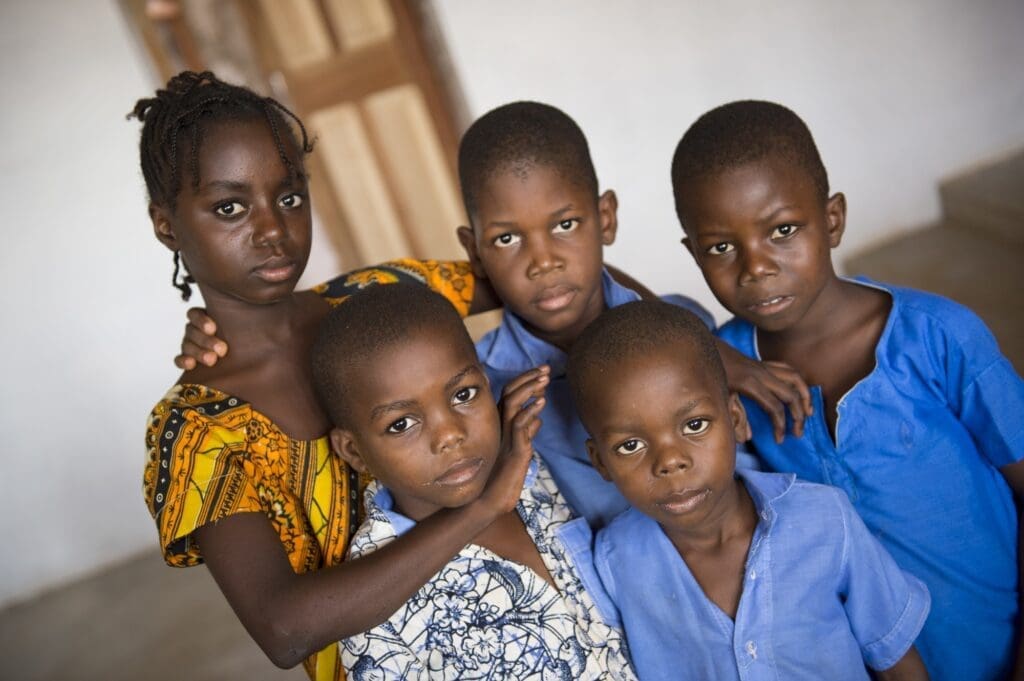
Calling All Heroes: Why the World’s Orphans Need Your Help
Some of the most vulnerable are orphans. Kids who have lost one or both parents to age, sickness or violence. Children whose futures depend on their strength and ability to learn and succeed without the support of their mothers and fathers.
Some of the greatest figures of our time — Eleanor Roosevelt, Nelson Mandela, Malcolm X, Ella Fitzgerald, Leo Tolstoy, J.R.R. Tolkien, Babe Ruth, Louis Armstrong, Marie Curie, Steve Jobs — grew up as orphans, and they changed history.
In some cases, orphaned children can find warmth and love from extended family or from shelters. But many of the world’s orphans end up living on the street.
The mission of the World Food Programme (WFP) is improving the lives of the planet’s most vulnerable people, including orphans, by providing them with the nutrition they need to build a brighter future for themselves.
Ebola in West Africa
The 2013–2016 Ebola epidemic in West Africa was one of the largest global health crises in recent history, taking more than 11,000 lives in Guinea, Liberia and Sierra Leone. It was brutal. Facing difficult quarantines and sick family members, communities here were able to rely on WFP for crucial food assistance from the very beginning.

WFP/Silvia Pontillo
Little Assa lost her mother to Ebola in February 2015. But danger still loomed. There was a chance she might have the virus too. Assa was hospitalized at the Ebola Transit Center of Guékédou, Guinea. Fortunately, she tested negative and was able to return home to her father and three older brothers in the Kankan region.
Ebola took a toll on the lives of her family. But hope was not far. With a 30-day food package—including the essentials of rice, oil, beans and salt—provided to orphans and their families or caretakers, Assa’s family was given a second chance. They could have the nourishment they needed during a time of mourning and a time to rebuild their lives.
Some 270 miles away in Kenema, Sierra Leone sits the Kambui Child Advocacy Group for Women and Children’s Center, where at least 50 Ebola-orphaned children receive shelter and counseling, along with nutritious food from WFP.
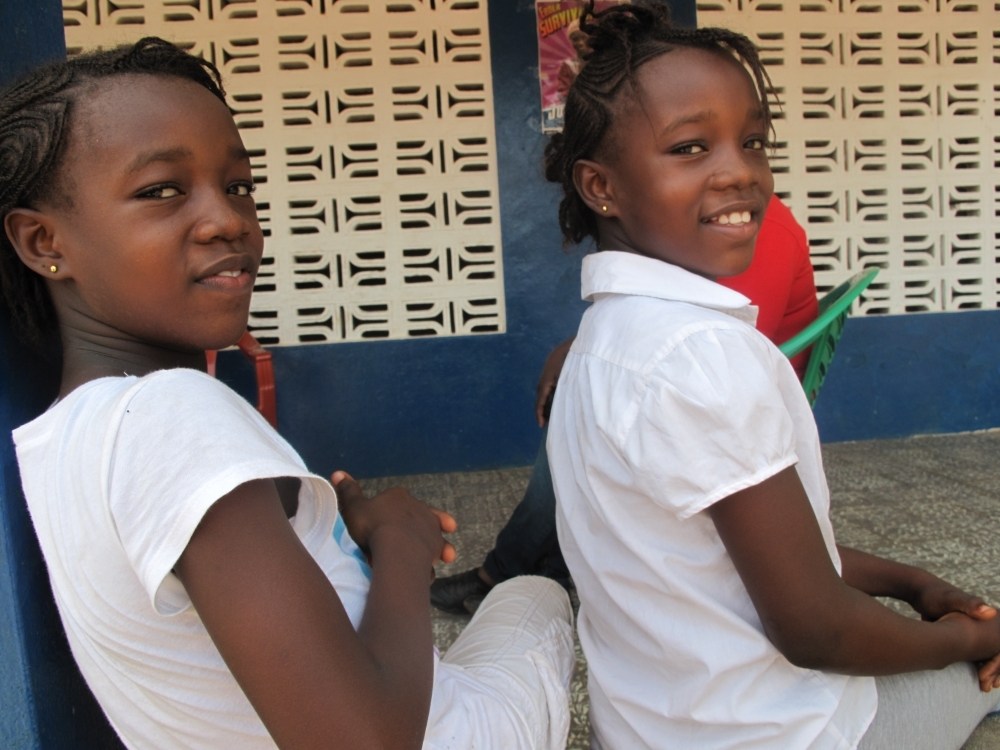
WFP/Djaounsede Pardon Madjiangar
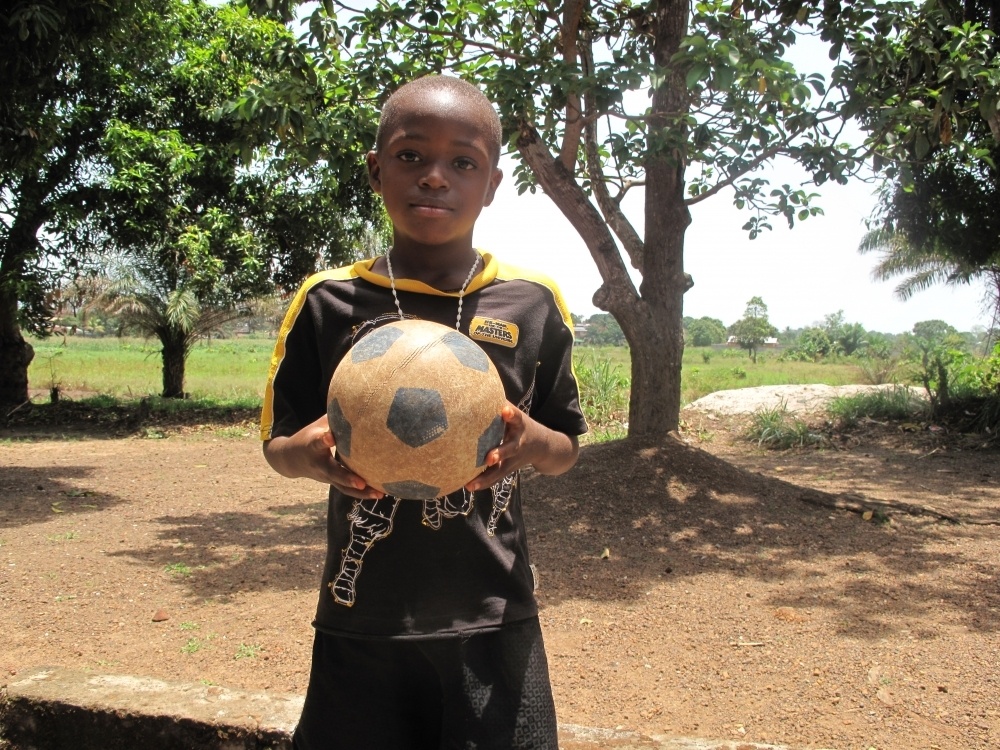
WFP/Djaounsede Pardon Madjiangar
The kids here include 10-year-old twin sisters Princess and Janet and 9-year-old Osman. All three lost their parents — employees at the nearby Kenema hospital — to Ebola. But all three continue to dream. Princess wants to become a nurse, Janet a lawyer and Osman a teacher.
They dream of better lives, but most importantly, they dream of making life better for the children in their communities.
Violence in the Central African Republic
Madame Gilberte Wadji is a beaming woman who opened her orphanage in Bangui, Central African Republic in 2007. For years, this home for kids relied exclusively on donations, but as the violence of the country’s ongoing conflict swelled, Madame Gilberte realized she needed more support.
During the peak of the crisis in early 2014, 36 children lived here with seven more on a waiting list until the orphanage could access the resources needed to provide them with proper care. WFP stepped in, covering some school fees and providing daily meals.
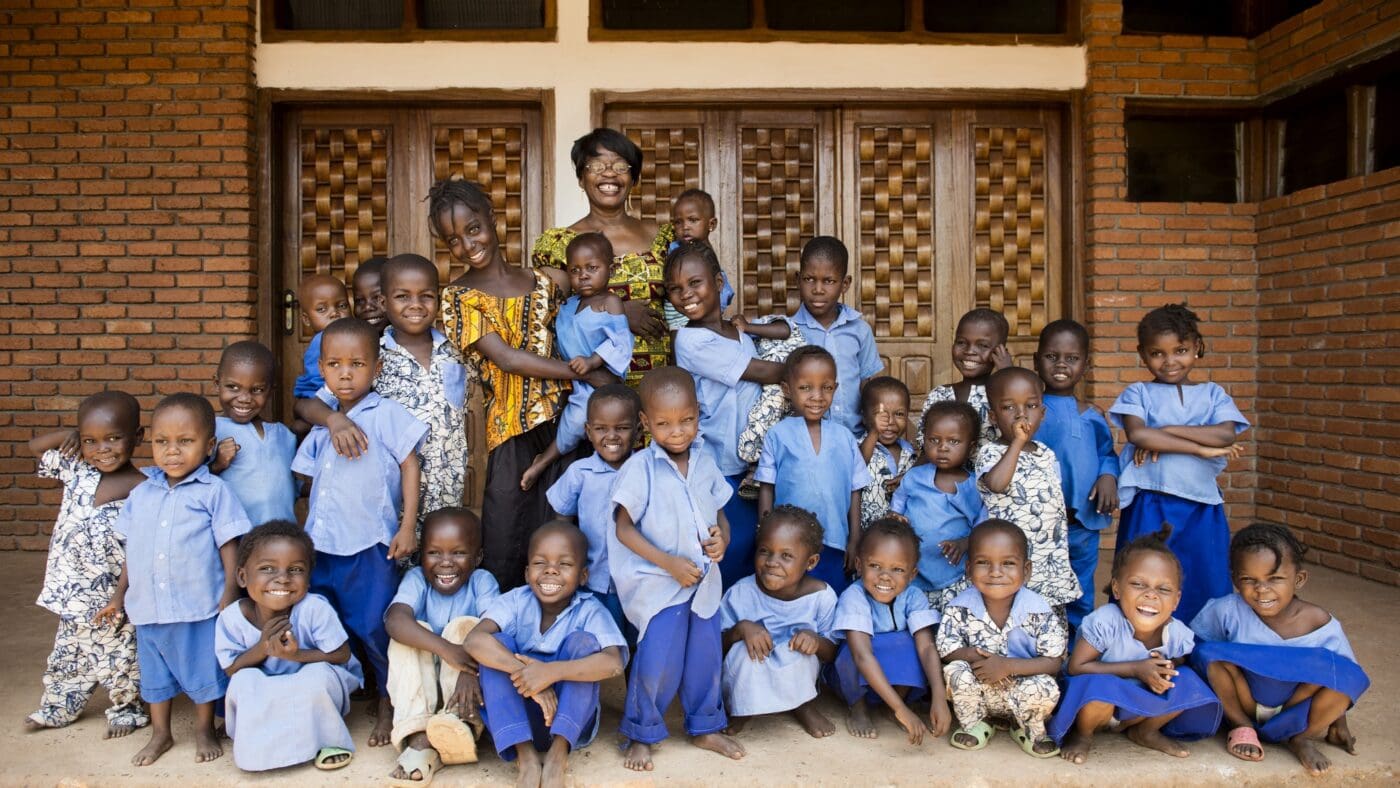
Some of these kids were abandoned in the trash, like Anne-Sophie and Emanuel, and others simply walked in. Eleven-year-old Naomi was already an orphan living with her aunt, but violent clashes separated them. She received help in a displaced camp before she sought out Madame Gilberte on her own.
Many of these children arrived without a full name, and they were gifted with Madame Gilberte’s surname. They’ve found a family and a home.
HIV/AIDS in Zimbabwe
On some days, 56-year-old Netsai would be able to eat one meal, but on others, she would eat nothing so the kids at home could have enough nourishment.
“It’s just about surviving day by day,” she says. “What can I do if that is what the Lord has chosen?”
But time was running out for her 5-month-old granddaughter, Kudakwashe, who lost her mother to HIV just days after giving birth. The baby, also HIV-positive, was now losing weight.
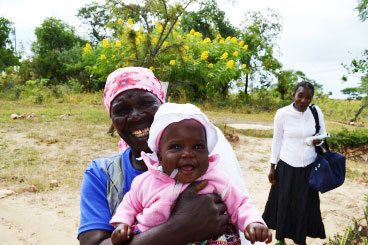
WFP/Tomson Phiri
Thankfully, nurses at the local health clinic suggested they seek assistance from WFP. Two months of nutritional support later, Kudakwashe was looking at a healthier weight and better days to come. For her dear grandmother—who takes care of eight orphaned children in all—it was a relief and a testament to her granddaughter’s name, which means “God’s will” in Shona.
When we consider the most vulnerable, children come first. And orphaned children have it the toughest. Without the love and care of their parents, life is filled with unknowns.
But with the support of other guardians, there is hope.
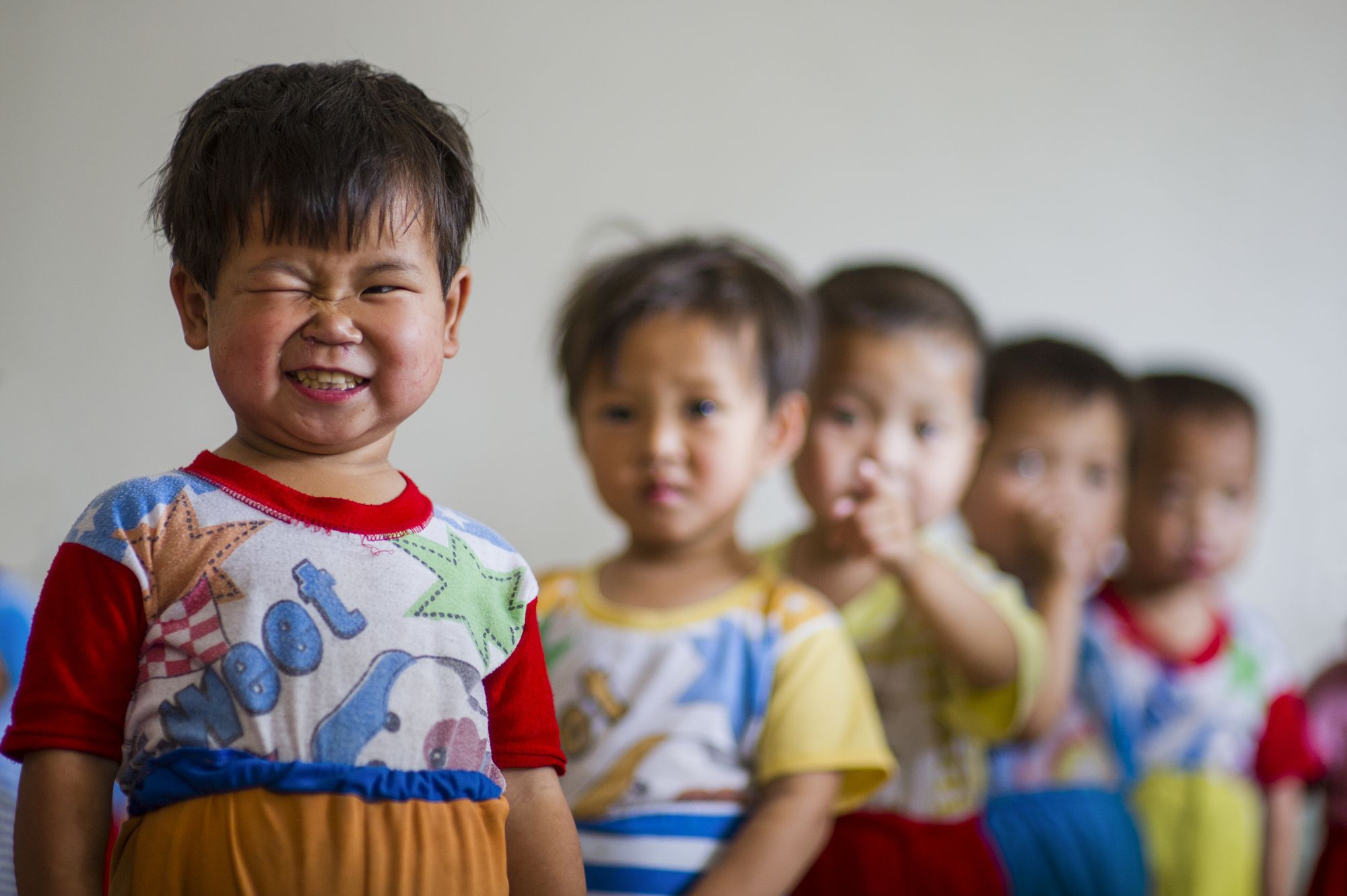
WFP/Rein Skullerud
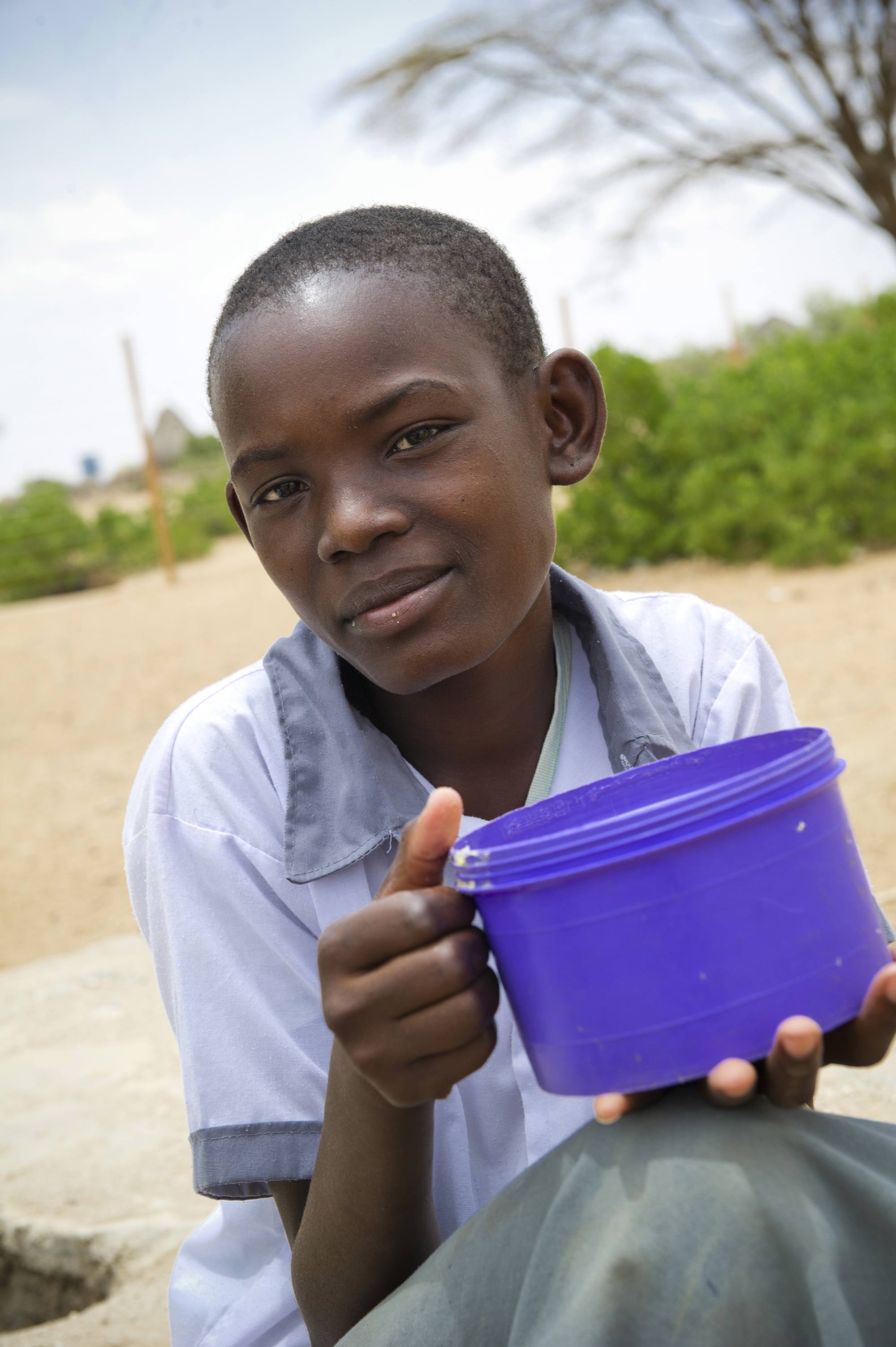
WFP/Rein Skullerud
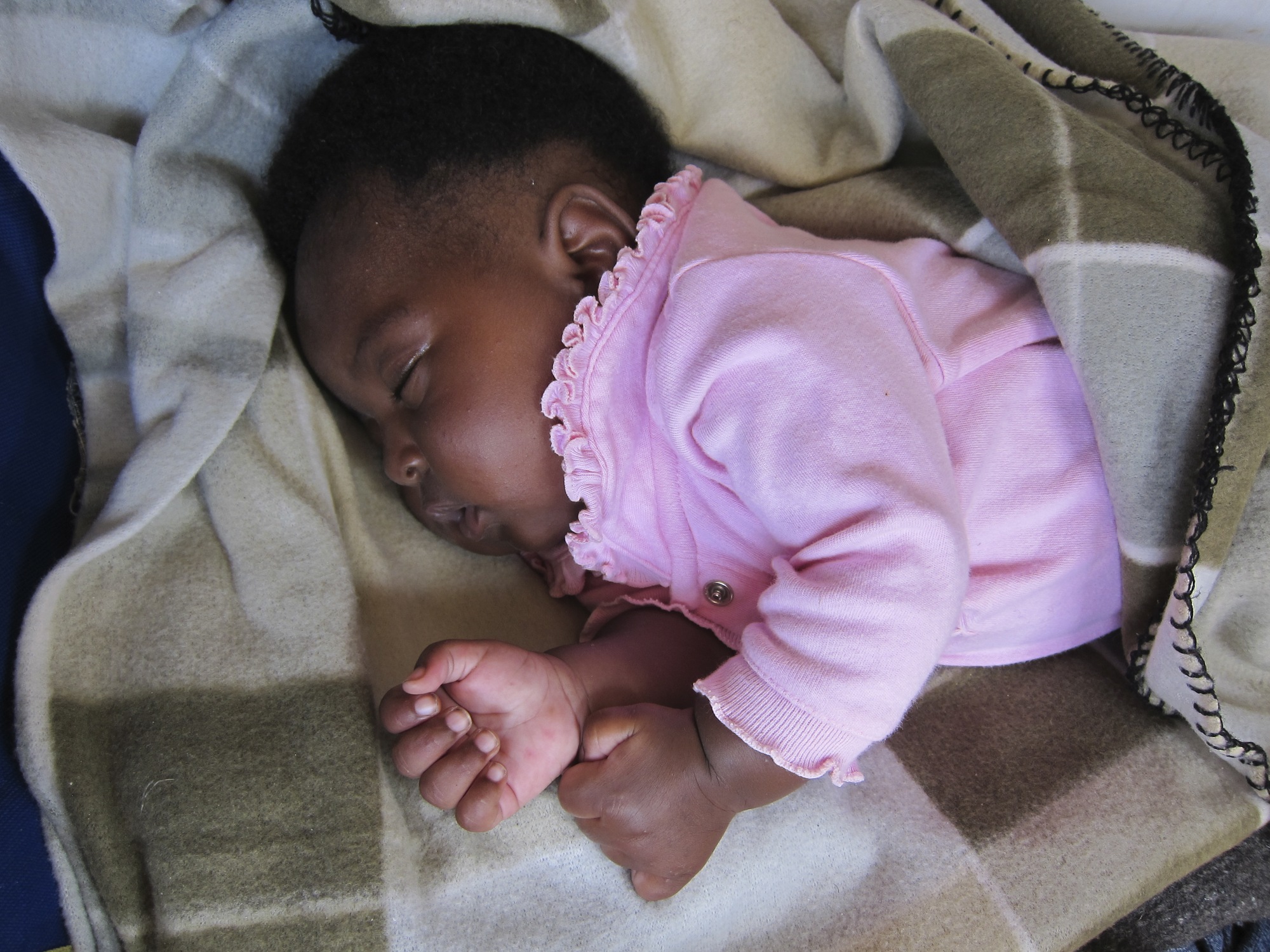
WFP/David Orr
Why care for an orphan? Why, other than the spiritual and moral reasons that compel us?
Because children have potential. No matter who they are, where they come from—when given the nourishment and the tools to find their way, these kids can do anything.
Become a monthly donor and give to vulnerable communities and children like these. Be a #ZeroHunger Hero and support them for the long haul.




